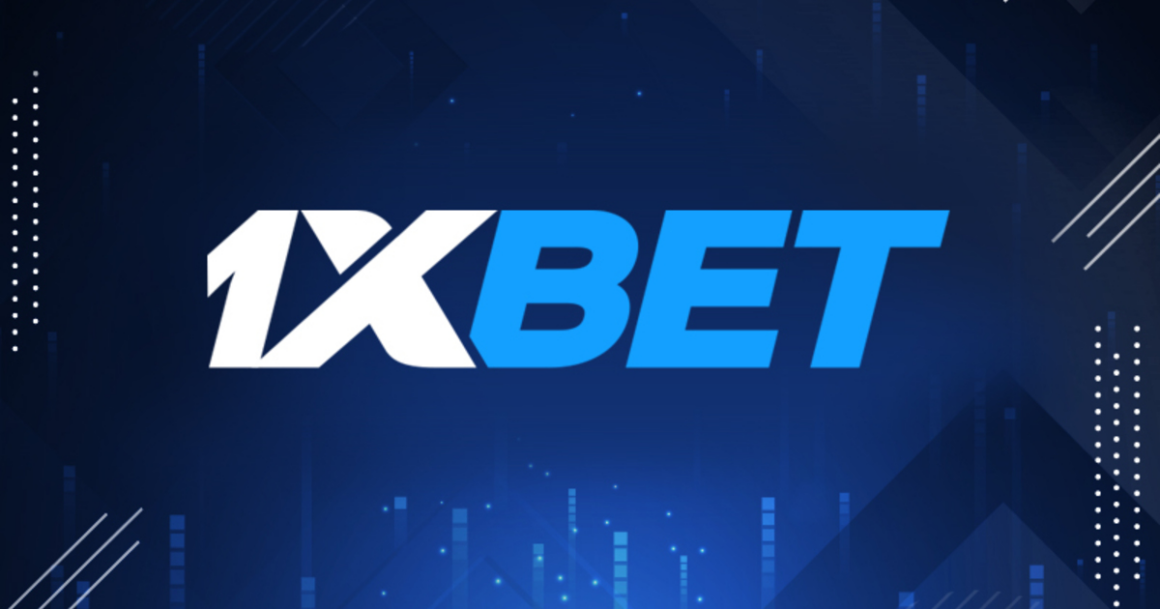The Future of Communication: Exploring How We Talk in the Digital Age
One might think that communication peaked at the point when mobile phones became readily available for everyone. Today, more than 60% of the world’s population owns a smartphone which means we have the ability to contact almost anyone in the world with a press of a button. What more could we do to improve our communication? […]
The Future of Communication: Exploring How We Talk in the Digital Age Read More »










